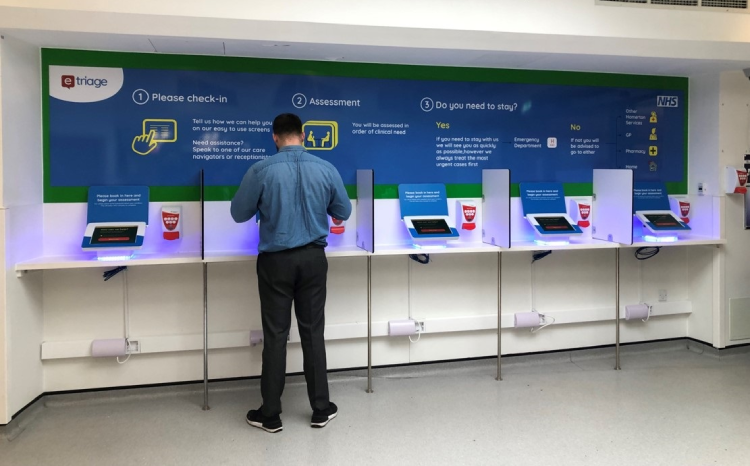Discharge summary target ‘to be missed’
- 24 November 2009
The vast majority of NHS hospitals look set to miss the government’s target for delivering discharge summaries to GP practices within 24 hours from next April.
Dr Mike Dixon, chair of the NHS Alliance, predicts that less than 50% of hospitals will hit the target. Other industry observers have suggested that as few as 20% could be delivering discharge summaries within 24 hours by 1 April 2010, despite a contractual obligation to do so.
Most hospitals are already falling short of the existing government requirement to deliver discharge summaries within 48 hours.
Performance reports from flagship hospitals such as Guys and St Thomas’ NHS Foundation Trust in London show that just under 25% of discharge summaries are produced within five days of discharge, against its own target of 95%.
Great Ormond Street Hopsital in London appears to be doing better, but reported meeting the 48 hour target for only 75% of summaries by the end of August this year. Royal Devon and Exeter NHS Foundation Trust sent just under 65% within 48 hours by the end of October.
Hospitals were recently criticised by the Care Quality Commission for lack of timely or accurate information in discharge summaries.
A survey of 280 practices in selected primary care trust areas found more than 80% thought discharge summaries were inaccurate or incomplete most or some of the time – and only 53% said summaries were received in time to be useful.
Dr Dixon said: “As things stand I think it’s very unlikely that many hospitals will meet the target; probably less than 50%. It’s a long running sore between primary and secondary care and I think there is almost an arrogance from secondary care about it.”
The NHS Alliance has been campaigning for several years to see discharge information delivered to GPs. Dr Dixon said the upcoming 24 hour target had at least stimulated a lot of trusts to get in touch with it about what was required.
Suppliers of electronic document solutions have reported a flurry of interest from trusts ahead of the target, as have suppliers of GP and hospital patient management systems.
A spokesperson for IT supplier TPP said it has had a great deal of interest from hospitals about the possibility of sending discharge letters to GPs electronically.
“We have been providing this for a number of hospitals since April this year and are talking to several more at present,” she added.
However, interest in meeting the target has yet to translate into action in many areas.
Dr Dixon added:”When I talk to GP colleagues and ask them whether things have changed, too many of them tell me that they haven’t.”
Dr Dixon said his ideal would be to see a discharge summary including information on treatment, medications and investigations plus an HRG code of the cost of the patient’s stay given to the patient on discharge, with a copy for their GP.
He added: “This is a very important issue and its not just about patient safety but also about organisation and convenience. If a patient comes out on a Friday evening and runs out of their tablets and you don’t know what they are on it causes chaos for everyone.”
The NHS Alliance has run three surveys on discharge information. The latest, published in October 2008, showed that one in four GPs believed patient safety had been put at risk in the previous six months because of inadequate discharge summaries.
Dr Dixon said he thought the Alliance would run another survey early in the New Year to gauge progress ahead of the April target.




